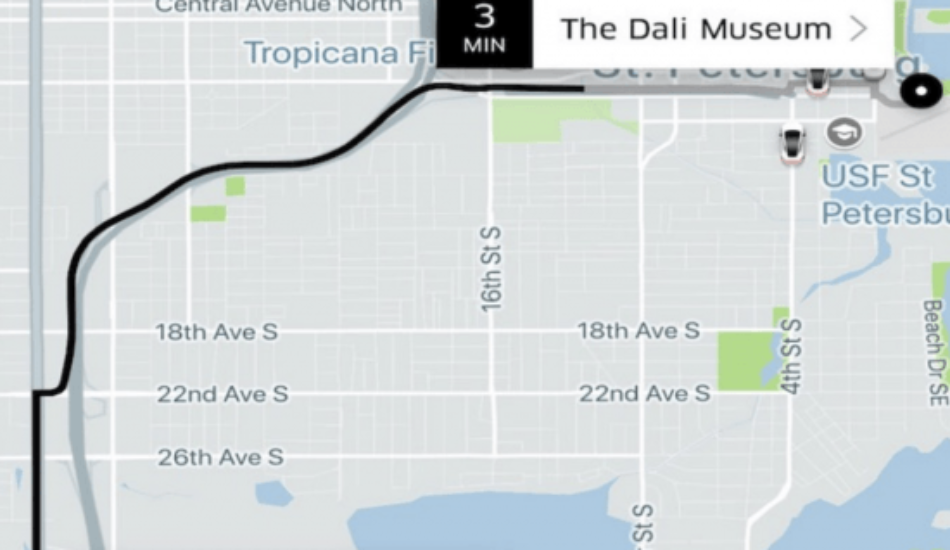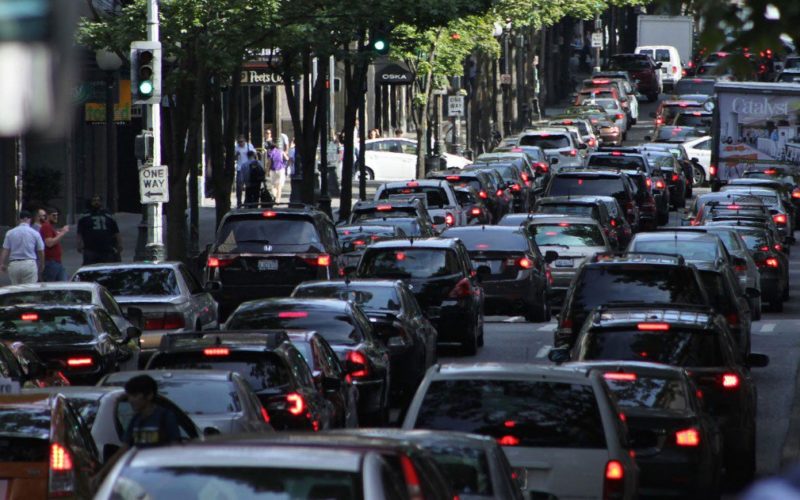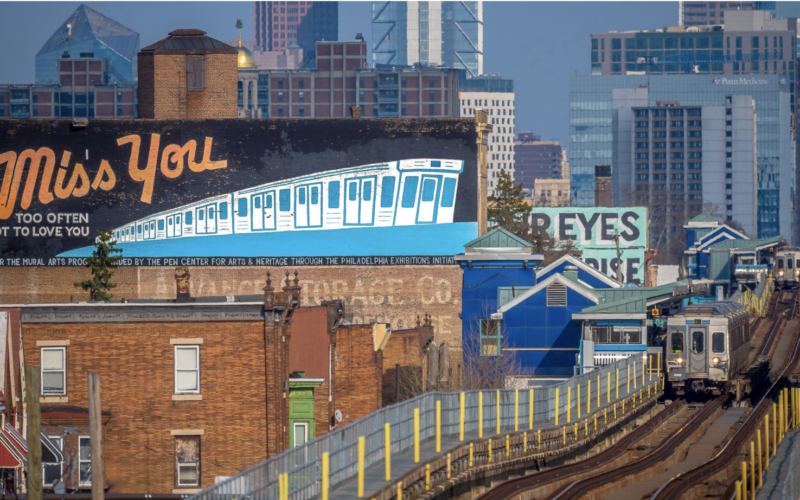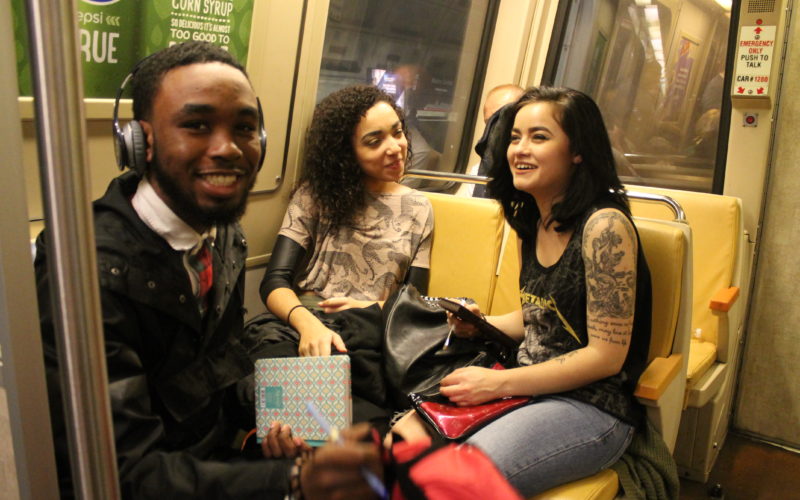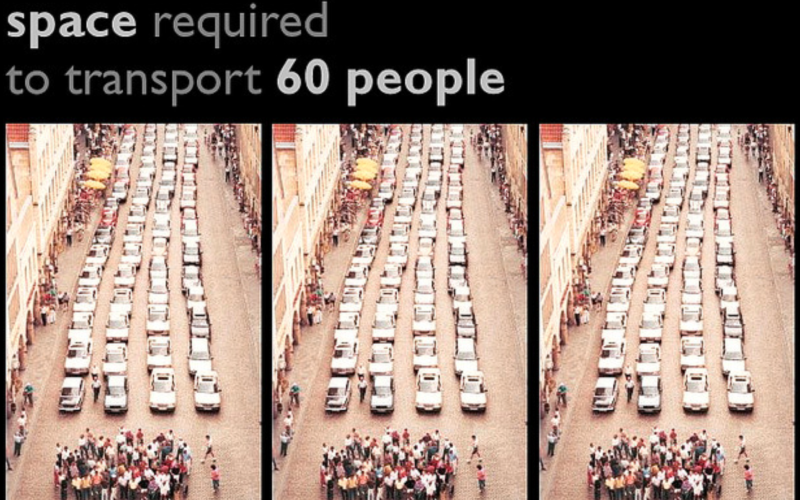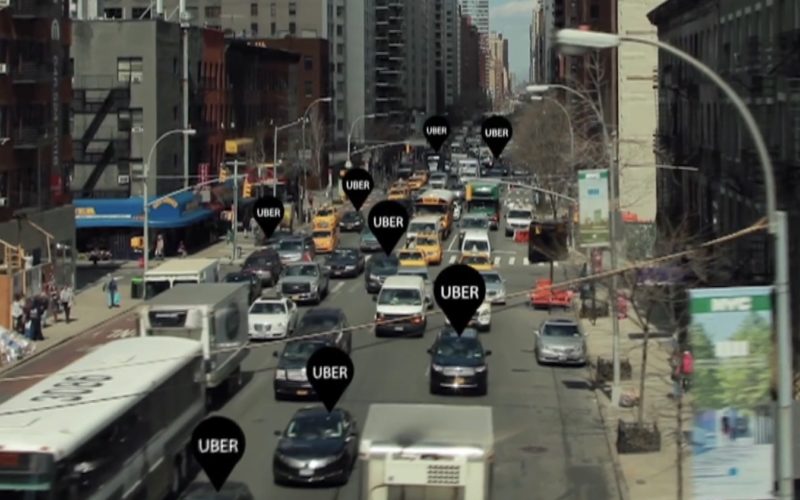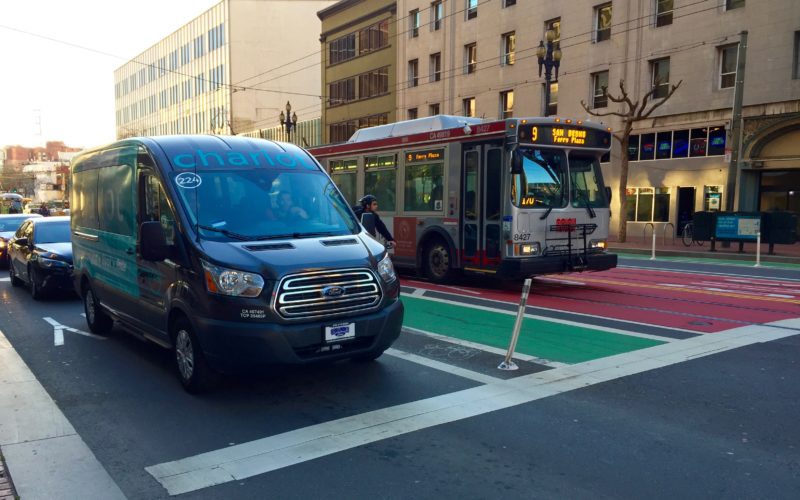In 2016, the Pinellas Suncoast Transit Authority (PSTA), an agency outside Tampa that serves about 32,000 daily trips, became the first public transit agency to replace bus routes with subsidized Uber service. Three years later, the results are in.
Read MoreUber's new Movement platform is no substitute for the full data cities have been asking for.
Read MorePublic officials can’t throw up their hands and claim there’s nothing they can do about falling transit ridership. Despite strong headwinds, they can win back riders.
Read MoreNew data suggests that younger people have been the least likely to return to WMATA following years of crisis.
The threat that automated vehicles pose to public transit is a political threat.
More people are taking Uber and Lyft than there is space for them on city streets. The result is more traffic, slower buses, and falling transit ridership. Cities can't build new streets or widen the ones we have—even if they wanted to. Instead, cities need to make more efficient use of existing streets.
In a recent scan of state-level transportation conferences we spotted a noteworthy sign of the times.
Chicago is abuzz over city legislation introduced last week requiring Uber and Lyft drivers to meet some cab driver licensing...
Read MoreWhen Mayor Bill de Blasio’s administration released its long-awaited report on Uber and other taxi-like services on January 15, press...
